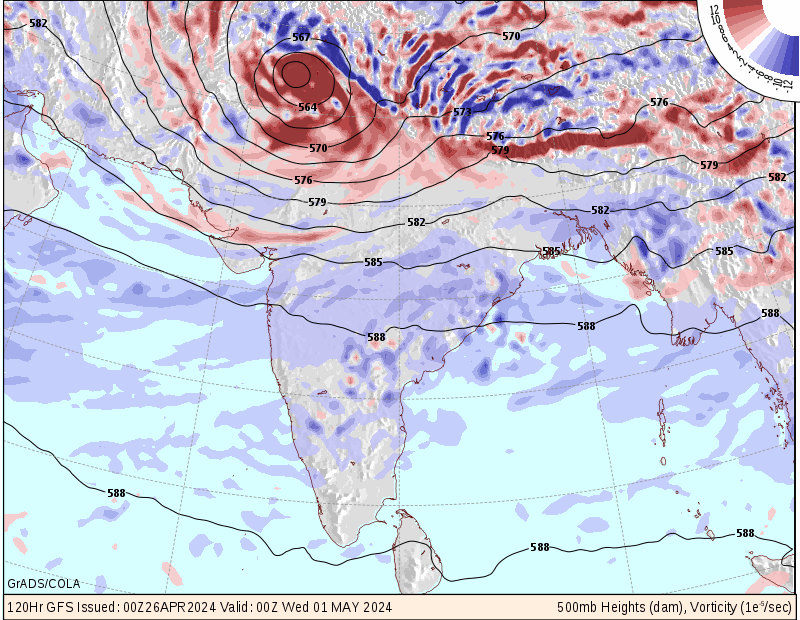Eddy
‘Yes.
I work with a heat stress model the military uses.
The ‘acclimatization’ period in this model is two-weeks.
The human body changes ( water storage and the like ) and more capable in coping with heat stress ( presuming available hydration ).
So it’s delta-T that matters, not so much temperature, particularly in areas where people are acclimatized.
However, the issue of predictability horizon is separate.
Obviously, the greater in advance one can predict such events,
the greater amount of time is available for warning and preparation.”
#########################
I dont want people to think I am being critical of peter’s approach.
Getting a 14 day warning is important, AND its also important to have a system like Kalsteins that is actually Tied to HISTORICAL MORTALITY for that particular city. Bottom line is what action plans are associated with each.
As you note there is a period of Acclimatization. The first form of this is Gruesome. Its called harvesting. A heat wave early in the year kills the most vulnerable and so subsequent heat waves are less deadly.











